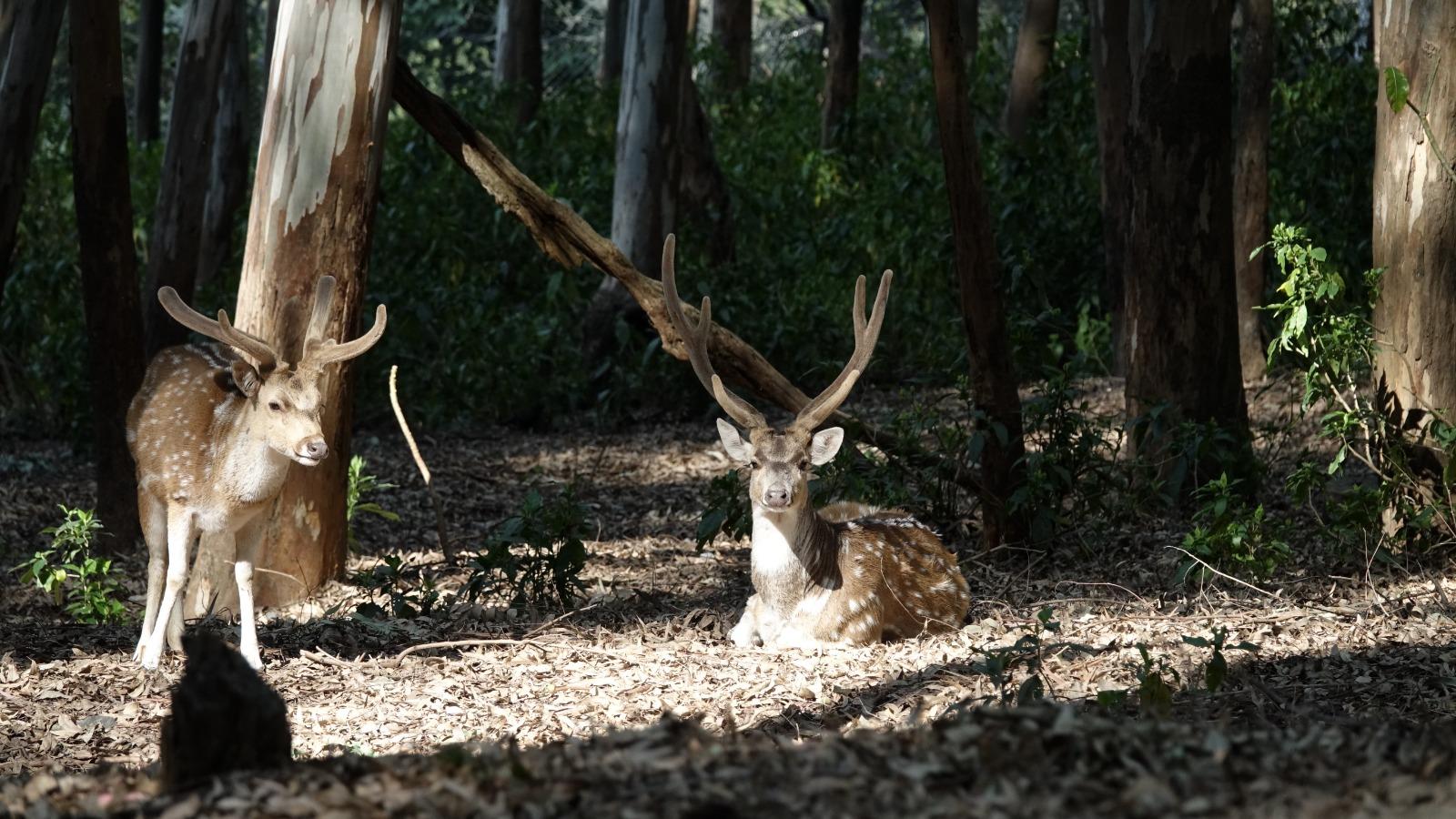The Rajasthan government’s recent declaration of three areas as conservation reserves has brought a ray of hope for wildlife conservation efforts and ecotourism in the state. As the state government declared three areas — Sorsan in Baran, Khichan in Jodhpur and Hamirgarh in Bhilwara — as conservation reserves. The new reserves are expected to protect rare and endangered species and provide a safe haven for migratory birds.
Buy Prime Test Series for all Banking, SSC, Insurance & other exams
3 New Wildlife Conservation Reserves in Rajasthan: Boosting Conservation Efforts and Ecotourism:
Protecting Endangered Species: Sorsan Conservation Reserve:
Sorsan, located in Baran, has been declared a conservation reserve to protect rare and endangered species, mainly the great Indian bustard (GIB) and blackbucks. With only 200 GIBs left in the world, the conservation reserve aims to provide a safe home for these critically endangered birds. The reserve also seeks to protect the state animal, blackbucks, from excessive hunting, deforestation and habitat loss.
Winter Home for Migratory Birds: Khichan Conservation Reserve:
Khichan, situated in Jodhpur, has been given the conservation reserve tag to provide a winter home for migratory birds such as demoiselle cranes. These birds can be spotted in the state during winter and the conservation reserve aims to provide a safe abode for them. This move is also expected to provide a fillip to wildlife tourism in the state.
Existing Wildlife Conservation Reserves in Rajasthan:
Rajasthan is already home to 26 wildlife conservation reserves, and the recent addition of three new reserves has further strengthened the state’s commitment to wildlife conservation efforts. Some of the well-known existing conservation reserves in the state are Bisalpur Conservation Reserve in Tonk, Jodbeed Gadhwala Bikaner Conservation Reserve in Bikaner, Khetri Bansyal Conservation Reserve in Jhunjhunu and Jawai Bandh Leopard Conservation Reserve in Pali.
With the addition of these reserves, Rajasthan now has 29 conservation reserves, providing a safe haven for various species of flora and fauna.
The Purpose of Conservation Reserves:
Conservation reserves play a crucial role in protecting endangered species and preserving their natural habitats. The Forest Conservation Act of 1990 mandates that all development projects in conservation areas must get approval from the National Board for Wildlife and the State Board of Wildlife. This helps in maintaining a balance between development and conservation efforts.
Check: Rajasthan Board 5th Class Result 2023
Also Read: Bihu performance in Guwahati creates Guinness World Record



 Indian Olympic Medal Winners List Till N...
Indian Olympic Medal Winners List Till N...
 Who is the Inventor of the Gramophone?
Who is the Inventor of the Gramophone?
 HS Dhaliwal Appointed New DGP Of Andaman...
HS Dhaliwal Appointed New DGP Of Andaman...
